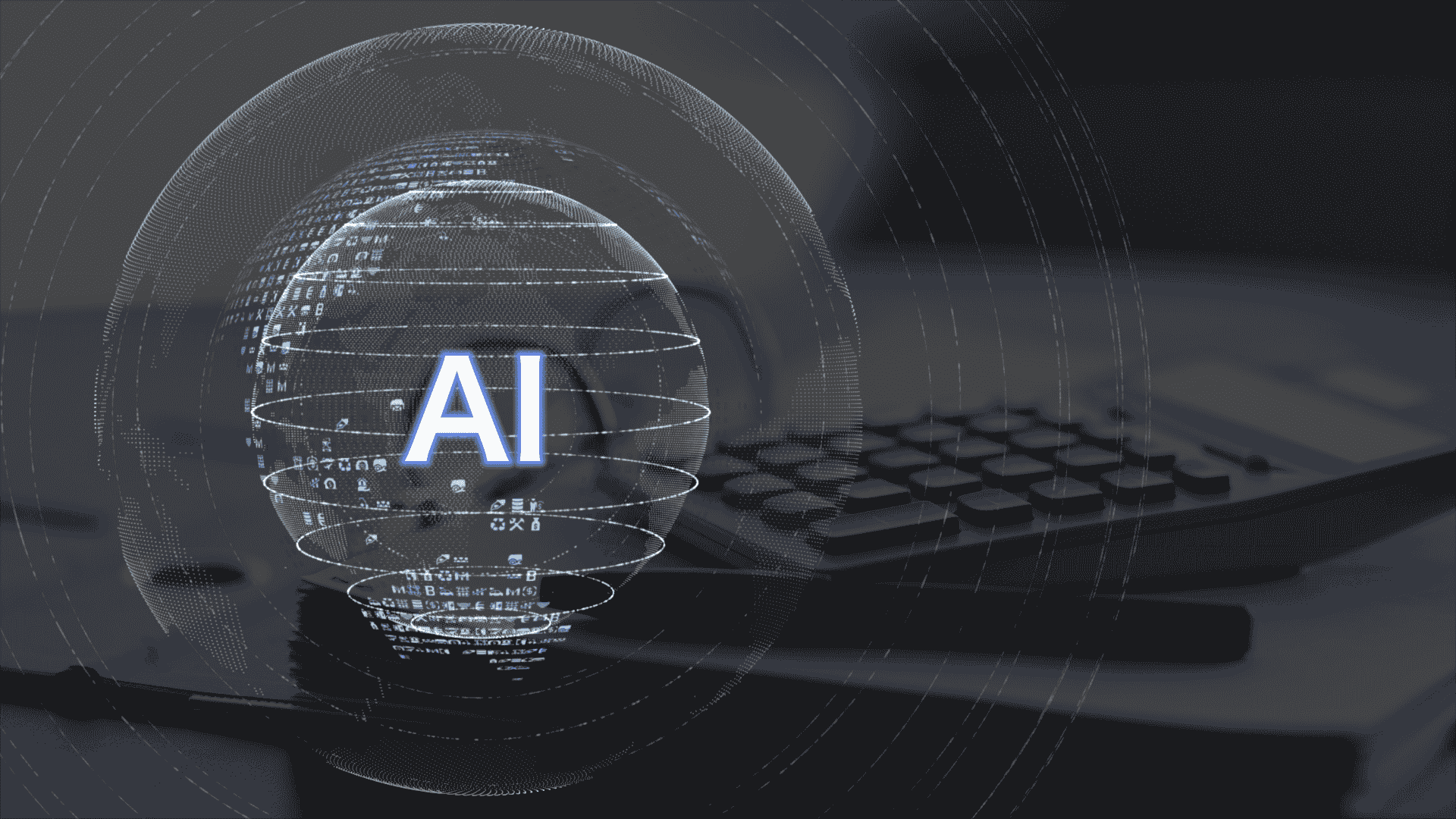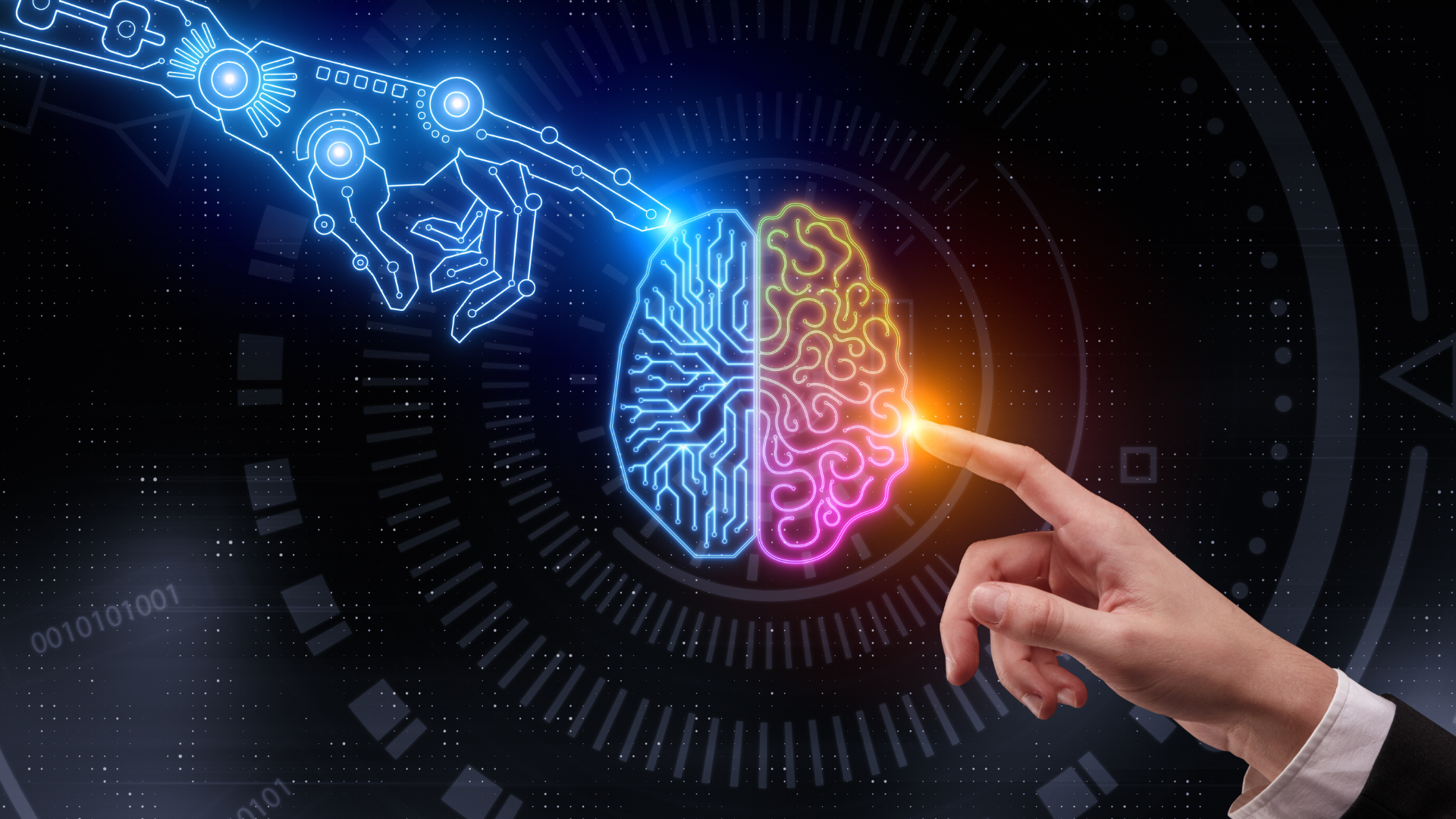New paragraph

Why Anthropic’s Urgent AI Call Matters and Other AI News Stories From This Week
Over the past week, several major announcements have dominated headlines, from urgent calls for AI governance to breakthroughs in AI infrastructure and development. Here’s what you need to know and why it matters.
1. Anthropic CEO Calls for Urgent AI Action Post-Paris Summit
The Paris AI Summit gathered global leaders to discuss the trajectory of AI, with Anthropic CEO Dario Amodei urging immediate action to ensure democratic leadership, robust security measures, and economic preparedness for advanced AI systems. The call highlights the growing concern that AI progress is outpacing regulatory frameworks, creating potential risks in areas such as misinformation, cyber threats, and job displacement.

Our take: The urgency for AI governance isn’t just about politics—it directly affects businesses. As AI systems become more powerful, ensuring they operate within secure and ethical frameworks is critical. Without strong leadership and clear policies, businesses could face compliance risks, security vulnerabilities, and operational uncertainty. Companies must proactively assess AI risks and establish internal governance strategies now rather than waiting for external regulations to dictate their approach.
2. OpenAI Finalises First Custom AI Chip Design
In a move to reduce reliance on third-party chipmakers, OpenAI has completed its first custom AI processor design, with production expected via TSMC by 2026. This shift signals a broader trend of AI companies seeking hardware independence to enhance performance and reduce costs.
Our take: For businesses leveraging AI, this could be a game-changer. AI compute costs are a major consideration, and OpenAI’s move suggests a push toward more efficient, scalable AI infrastructure. If successful, these custom chips could lead to more cost-effective AI solutions, making advanced automation more accessible across industries. However, until these chips are widely available, businesses should keep a close eye on cloud AI pricing and infrastructure dependencies.
3. Sutskever’s AI Safety Startup Aims for $20B Valuation
OpenAI co-founder Ilya Sutskever’s new venture, Safe Superintelligence Inc. (SSI), is setting ambitious goals, reportedly seeking a $20 billion valuation. The startup’s focus is on developing AI systems that are both highly capable and inherently safe, a direct response to concerns about unchecked AI advancement.
Our take: The investment interest in AI safety signals a broader recognition that security is as crucial as performance. This is especially relevant for businesses integrating AI—ensuring that AI-driven decisions are reliable, unbiased, and secure is essential. Companies adopting AI must prioritise safety measures, from robust cybersecurity frameworks to transparency in AI decision-making, to mitigate risks and maintain trust with customers.
4. GitHub Launches Self-Improving Copilot Agents
GitHub has introduced new AI-powered Copilot agents, allowing for autonomous coding across multiple files and automated task completion. These updates are designed to enhance developer productivity and streamline software development workflows.
Our take:
AI-assisted coding is advancing rapidly, and businesses should take note. These tools can significantly speed up software development, reduce human error, and lower costs. However, as AI takes a more active role in coding, companies must ensure strong oversight and security measures to prevent vulnerabilities in AI-generated code. Human review remains critical in safeguarding against potential exploits and compliance risks.
Our take: The open-source nature of Goku could drive innovation, but it also raises security concerns. Open-source AI models are more accessible, making them useful for businesses looking to integrate AI-driven content creation. However, they can also be exploited for malicious purposes, such as deepfake generation. Companies exploring generative AI must implement strict content verification measures to prevent misuse and protect their brand reputation.
Final note
This week’s AI developments highlight the growing intersection of innovation, security, and governance. Whether it’s urgent calls for AI regulation, advancements in AI infrastructure, or the rise of autonomous AI agents, businesses must stay informed and proactive. The key takeaway? AI is not just evolving—it’s reshaping industries, and those who prepare for both its opportunities and risks will have a competitive edge.
More Insights









